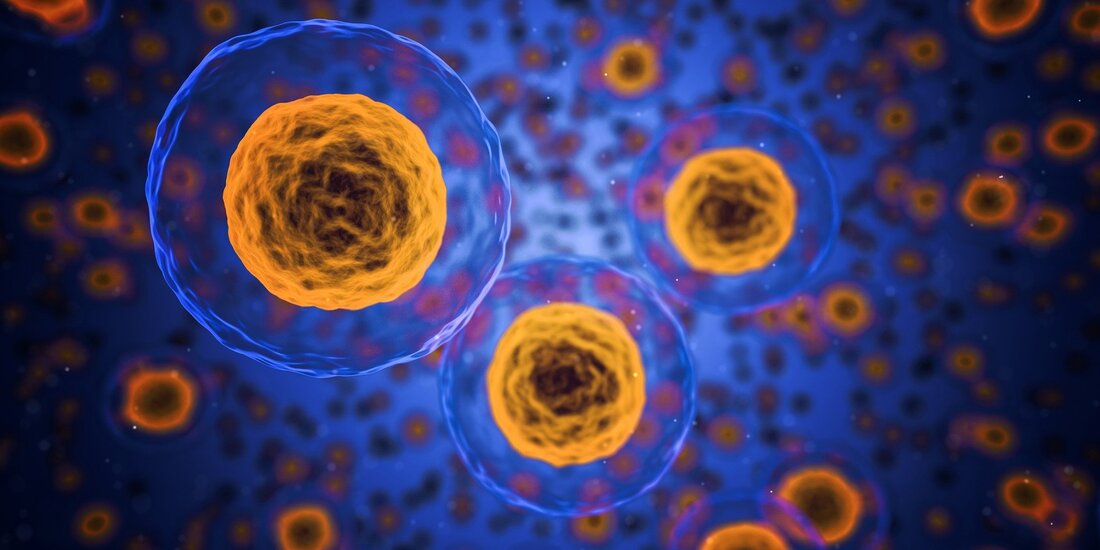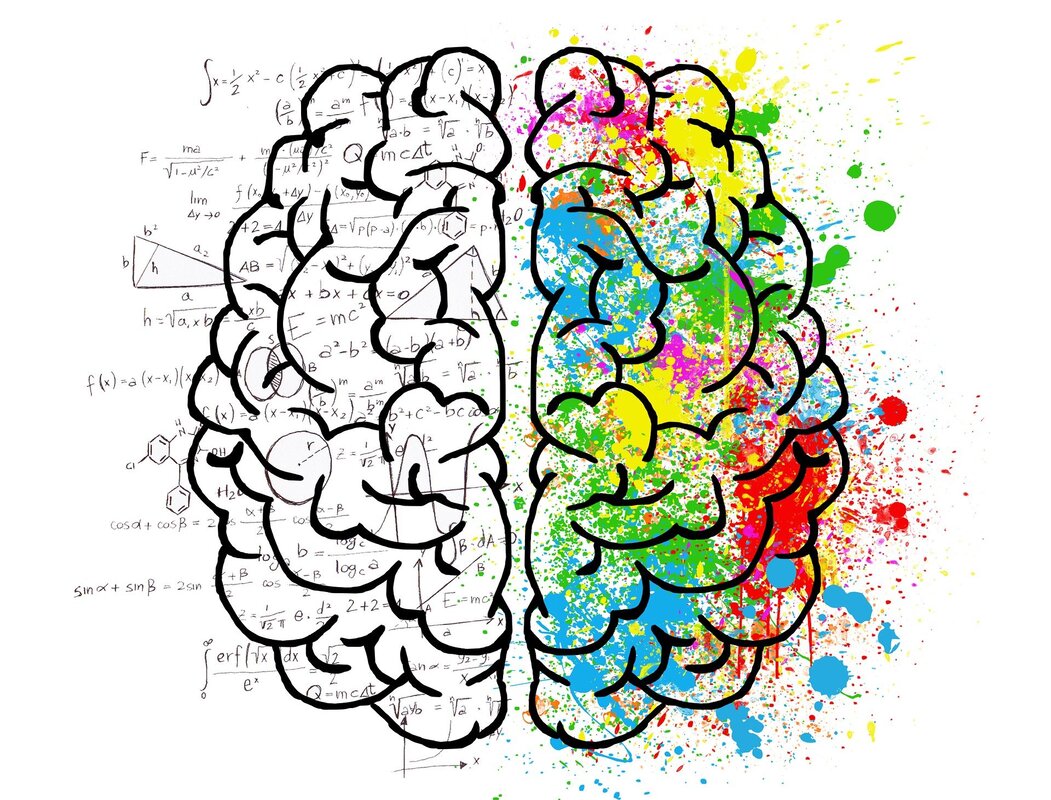The Science of Intermittent FastingArticle at a Glance: This popular diet has picked up steam recently. Here’s the truth about it. Plus, here are four things that happen to your body during this “cleanse.” Over the summer, I was at a birthday party with some friends when one of them mentioned that she had gone 16 hours without eating.
One person couldn't believe it and asked, “What!? Aren’t you starving? Don’t you feel grumpy?” She just smiled and said, “No, I feel great actually”. And she genuinely meant it too. She was practicing something called intermittent fasting. Intermittent fasting is where you go 14, 16, even 18 hours without eating. The thought process is that our ancestors ate the same way. They had bouts of feasts and famine. Now this may sound like a long time without eating but this would be like having your last meal at 6pm and not eating until 8am, 10am or noon. During this time you are allowed to drink water, tea or coffee. For years, I have been doing this. Not because I knew about intermittent fasting but because I would only eat when I was hungry, which led to longer fasts. When I did this, I felt better and more energized. Plus, I wouldn’t feel bogged down (like after a heavy meal). Over the years, I’ve met many people who get so concerned when someone hasn’t eaten even after just a few hours. They become concerned that the person wasn’t being healthy or they were starving themselves. Now there are some exceptions to this. But the interesting thing is that your body can be fueled without eating. And when you intermittently fast, certain biochemical reactions occur in the body that helps not just weight-loss but health as well. 4 Science-Backed Benefits of Intermittent FastingCleans Your Cells
First, when you fast your cells activate a process called autophagy.
Autophagy is like your body’s recycling system where the body cleans out damaged proteins, toxins, and other debris that fill up the cell. It scoops up this “debris” and uses it either for energy or for creating new cell parts. According to Dr. Champ at the University of Pittsburgh Medical Center: "Autophagy makes us more efficient machines to get rid of faulty parts, stop cancerous growths, and stop metabolic dysfunction like obesity and diabetes." When mice are unable to perform autophagy they have altered brain function, gain weight, lose energy, and have higher cholesterol levels. On the other hand, when mice are able to perform autophagy they were better protected from insulin resistance, inflammation, infection, neurodegenerative diseases and cancer. Protects Your Brain
Secondly, when you fast your body produces ketone bodies,
Think of these like a healthy fuel for your brain. There’s also a release of brain-derived neurotrophic factor (BDNF) which switches on genes that produce new brain cells and build existing ones. This combination is linked to protecting the brain. In fact, research in Neurobiology of Disease and Aging Research Reviews has found that fasting may help protect against Parkinson’s disease, Alzheimer’s and dementia. On top of that, a 2003 study published in Neurobiology of Aging discovered that intermittent fasting helped protect neurons from dying (a process called excitotoxic stress). Boosts Human Growth Hormone
During intermittent fasting you also boost human growth hormone (HGH).
This powerful hormone helps decrease risk of heart disease, boosts metabolism, builds muscle mass, and is linked to greater longevity. A 2007 study found that fasting doesn’t just raise HGH a little. They found that it raised HGH by 1,300% in women and 2,000% in men! Helps Weight-Loss
Intermittent fasting also helps regulate the “hunger hormone” ghrelin which decreases hunger.
This runs contrary to the belief that people who intermittently fast must feel like they are starving all the time. Plus, when the body is not running off of sugar, it begins to use its own fat cells for energy. Dr. Benjamin D. Horne director of cardiovascular and genetic epidemiology at Intermountain Medical Center Heart Institute states: “In response [to fasting], the body releases more cholesterol, allowing it to utilize fat as a source of fuel, instead of glucose. This decreases the number of fat cells in the body." A 2014 review found this to be the case. Researchers found that intermittent fasting resulted in 3-8% weight-loss over 3-24 weeks. In addition, subjects lost 4-7% of their waist measurements. Other studies published in the American Journal of Physiology and The American Journal of Clinical Nutrition found that short-term fasting increased metabolism by 3.6-14%! Will You Lose Muscle?Now some people raise the objection that intermittent fasting will cause them to lose muscle mass. This is a good consideration because less muscle means lower metabolism (which is why strength training is so important).
However, research published in Obesity Reviews found that intermittent fasting caused less muscle loss compared to normal calorie restriction. Is Intermittent Fasting for Everybody?Intermittent fasting is not a good option for those who have been eating lots of sugar or processed foods.
If your body is used to consuming high amounts of these foods, intermittent fasting is going to be much harder. In fact, some people are intermittent fasting without realizing it! The problem is when they do eat, they are eating poorly which is not helping them. My advice is to start phasing these high sugar/ high processed foods out before taking on intermittent fasting. Also, since you are only eating in a 6-10 hour window, you can’t just eat anything. Be sure you are eating highly nutritious foods such as healthy fats, vegetables, and high-quality proteins. How has intermittent fasting worked for you? |




